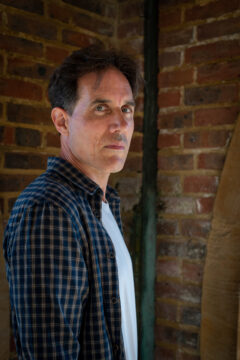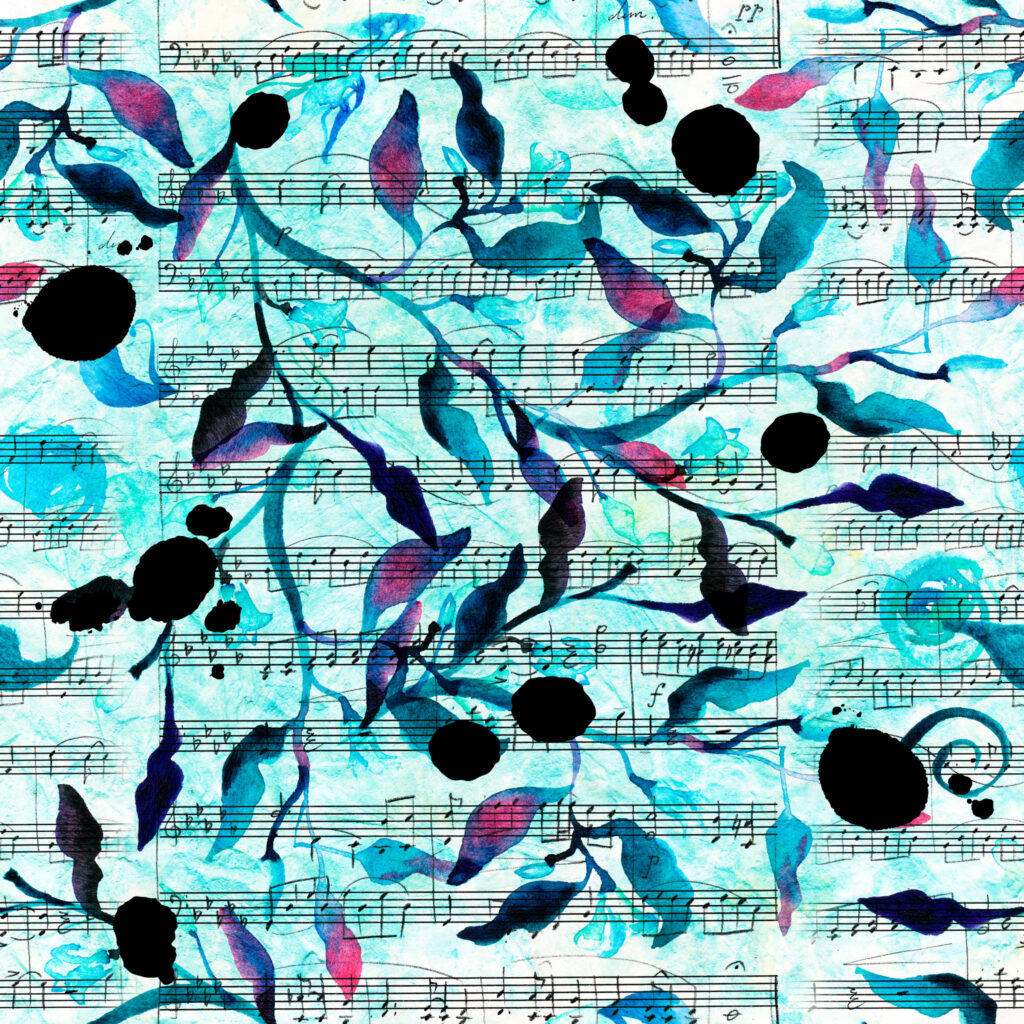Welcome to the latest free half-day research event at the Department of Music and Media, University of Surrey.
Schedule
13.00-14.00 Lunchtime Lecture-Recital PATS Studio 1
Chris Wiley (University of Surrey) with Alexander S. Bermange The Comic Songs of Alexander S. Bermange
14.15-16.00 Papers room TB06
Jeremy Dibble (University of Durham) Form and Circumstance: the Nature and Concept of Gurney’s ‘War’ Songs
Chris Mark (University of Surrey) Englishness in Britten’s Folksong Arrangements
BREAK (30 MINS)
16.30-17.30 Composer Roundtable room TB06
Tom Armstrong (University of Surrey) – chair – with David Power, Helen Chadwick, Nathan Williamson and James Gilchrist
18.00-19.00 Early Evening Lecture Recital PATS Studio 1
Leon Berger (Donald Swann Archive) and Tim Smith Hold Very Tight Please: the Comic, Satirical and Serious Music of Michael Flanders and Donald Swann
19.30-21.30 Evening Recital PATS Studio 1
James Gilchrist (tenor) and Nathan Williamson (piano) The Art of British Song
Abstracts
The Comic Songs of Alexander S. Bermange
Chris Wiley (University of Surrey) with Alexander S. Bermange
Alexander S. Bermange is an award-winning composer and lyricist, both of musicals and theatre productions in the West End and internationally, and of comic songs performed, recorded and broadcast widely by international stars, including his CD Wit & Whimsy: Songs by Alexander S. Bermange which topped the iTunes comedy album chart in 2017. This lecture-recital discusses the musical allusions and compositional processes in his songs including ‘I Wish That My Life Were Like a Musical’ (from the musical revue of the same name, 2018), ‘I Think I Might Be Jesus’ (from his CD Wit & Whimsy, 2017), as well as ‘The Seven Georges’, a comic song commissioned by the BBC’s ‘Broadcasting House’ programme (for which he served as in-house composer) on the birth of Prince George of Cambridge in 2013.
Form and Circumstance: the Nature and Concept of Gurney’s ‘War’ Songs
Jeremy Dibble (University of Durham)
Essentially motivated by a peculiarly intense love of English poetry, Ivor Gurney seems to have ‘discovered’ the genre of song while he was a composition student at the Royal College of Music. Indeed, it was poetry above all which acted as the critical cement to Gurney’s concept of form. This is perceivable in the highly accomplished Elizabethan Lyrics written at the RCM, and the more varied and profuse array of songs composed after he was demobilised in 1919. Gurney was able to compose little during his time as a soldier during the First World War, but what he was able to commit to paper is singular for its combination of rhetorical and formal devices. The products were songs which, by force of circumstance – in particular the lack of a piano – explored through-composed forms involving an interaction between voice and an accompaniment more suggestive in gesture of the orchestra.
Englishness in Britten’s Folksong Arrangements
Christopher Mark (University of Surrey)
To those following Benjamin Britten’s career up to his departure for North America in April 1939, the appearance of a volume of folksong arrangements in 1941 would have been a surprise. Up to that point he seemed intent on setting distance between himself and the major English figures of the previous generation, Vaughan Williams and Holst. Indeed, in an article of 1941 in Modern Music entitled ‘England and the Folk-Art Problem’ Britten decried ‘The failure of folksong to provide contemporary England with an adequate basis for organized music’. With his discovery of the poetry of Suffolk poet George Crabbe a few months later, his thoughts turned to a return home and the possibility of an opera based on Crabbe’s character Peter Grimes. It could be argued that folksong arranging was a conscious step towards his coming to terms with his nationality. The first volume and the subsequent six in fact arrange songs from across Britain and Ireland. But I argue in discussing a number of arrangements including ‘O Waly, Waly’ that, in displaying Britten’s personality to the full, they inhabit a sense of Englishness no less essential than that of the previous, far less cosmopolitan generation. Thus I agree with Britten’s statement in his article that ‘It should be obvious that the national character of a composer will appear in his music, whatever technic [sic] he has chosen or wherever his influences lie, in the same way that his personal idiosyncrasies cannot be hidden.’


